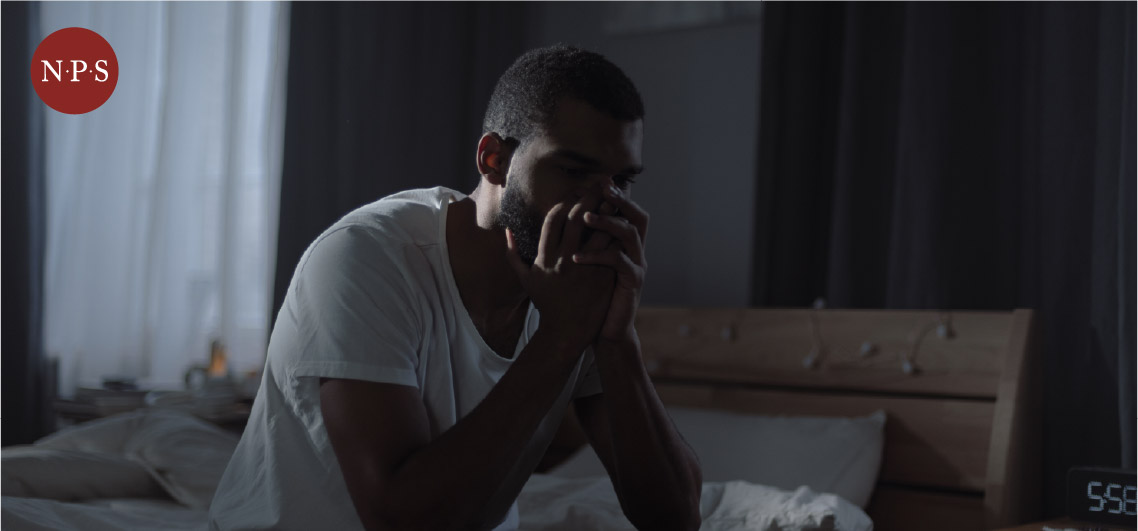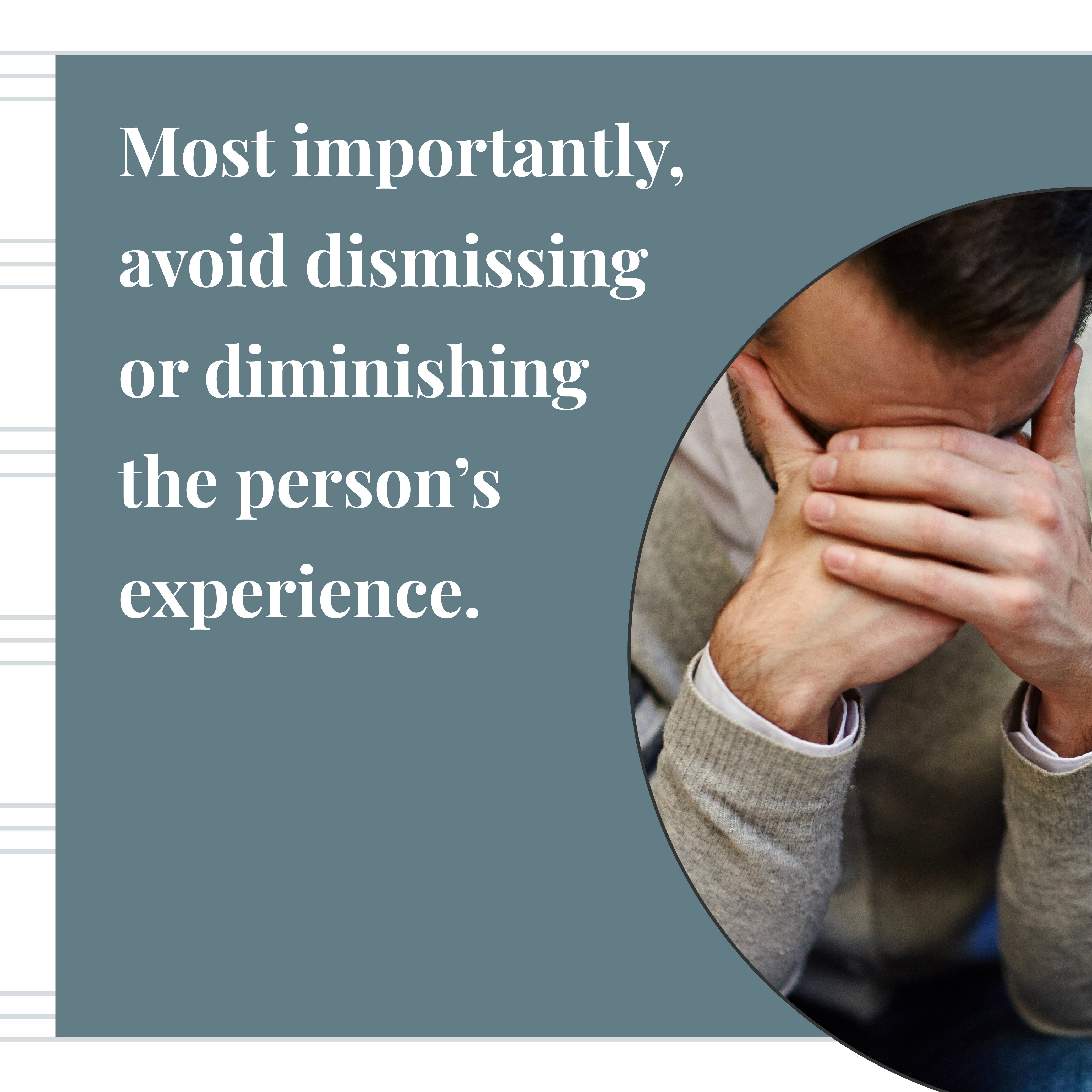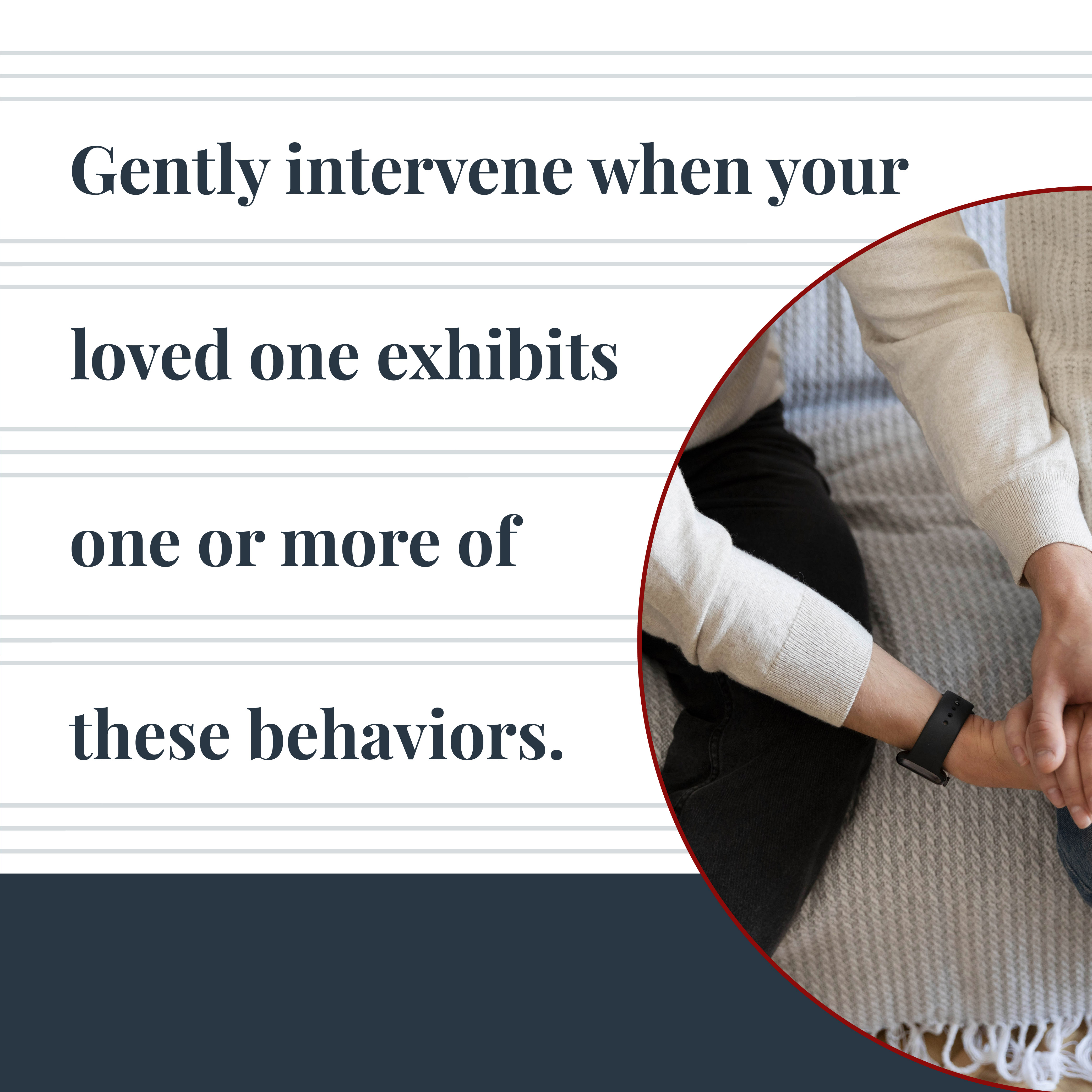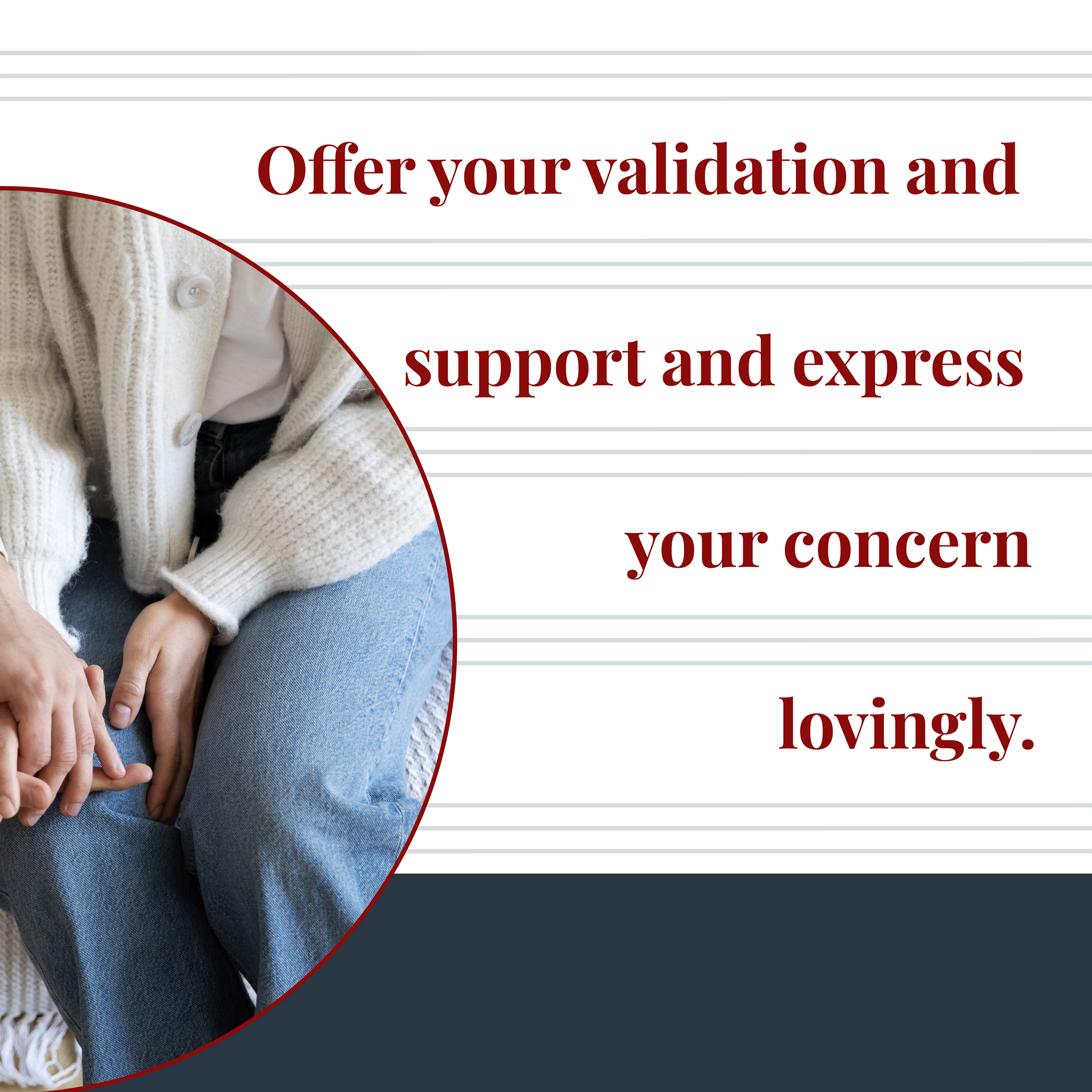How to Cope with a Panic Attack
Racing heart, shallow breaths, sweating palms, and an overwhelming feeling of fear or confusion. You’re not sure, but you think you just had a panic attack. Or, you are sure: you’ve had one before, but don’t know what to do about it.
Either way, panic attacks are a terrible experience. While they aren’t dangerous, they often cause sufferers to feel as though they’re dying or something horrible is about to happen. It’s no way to live.
Thankfully, the right information and treatment will help you move forward in health. Panic attacks can be managed and even avoided. We’ve answered some common questions about the disorder. If you’d like to talk more in person, let us know. Our team is here for you.
What’s the Difference Between a Panic Attack and an Anxiety Attack?
There is sometimes confusion about what a panic attack looks and feels like. Often, the phrases “panic attack” and “anxiety attack” are used interchangeably, when they are actually two separate experiences. Here’s how to tell the difference:
Panic Attacks - are abrupt, intense, and often seem to come out of nowhere. Symptoms include chest pain, dizziness, shaking, sweating, hot flashes, or chills, along with a sense of doom or feeling of detachment.
Anxiety Attacks - develop gradually over time and are often the result of stress. Symptoms include irritability, nervousness, rapid breathing, sweating, and poor sleep.
Thankfully, panic attacks, panic disorders, anxiety attacks, and anxiety disorders can all be diagnosed and treated by a mental health professional. Because these experiences often have similar symptoms but may require different treatments, we encourage anyone unsure about what they’re dealing with to seek help.

Why Am I Having Panic Attacks?
Most often, panic attacks are caused by a mix of genetic and environmental factors. As with many mental health disorders, panic attacks have a tendency to run in families. They’re also more common in people who suffer from depression, anxiety, or bipolar disorder. As for environmental factors, a history of abuse, relationship issues, death of a loved one, injury or illness, and drug use can all make a person more at risk of experiencing a panic attack.
It’s important to know that while certain genetic and environmental factors can make panic attacks more likely, they can also occur seemingly without explanation. Everyone is vulnerable to feelings of panic and anxiety; what matters is that you know when it’s time to ask for help.
How Do I Cope with a Panic Attack As It’s Happening?
Because panic attacks occur without warning and cause intense symptoms, they can be scary and overwhelming. Fortunately, there are proven techniques for stopping panic in its tracks. When you’re in the grips of an attack, here’s what we recommend:
Describe What’s Happening
Putting words to your experience can help you recenter and ground yourself. Try saying, “I’m having a panic attack,” and repeating the phrase as often as necessary. The more you say the words, the better you’ll be able to separate yourself from the intense feelings you’re experiencing.
Relax Your Muscles
One common symptom of panic attacks is muscle tension. In the midst of an attack, you can try muscle relaxation to relieve symptoms and take back control. We recommend Progressive Muscle Relaxation, a technique that involves tensing and then relaxing different muscle groups throughout the body.
Slow Your Breathing
If your breathing is out of control, try lying on your back and taking slow, deep breaths. Best practice is to inhale, hold for three seconds, then exhale for three seconds until you feel better.
Walk Away
Removing yourself from the scene and engaging in some moderate exercise are both significant ways to stop a panic attack. By walking away briskly, you’ll prompt your body to release endorphins and give yourself new objects and scenes to observe. This will shift your attention away from the emotions and symptoms of your panic attack.
If these kinds of relief techniques don’t seem to help or if you begin to experience an increasing number of panic attacks, call NPS. We have several counselors who specialize in panic disorders and can help you find relief.
How Can I Avoid Future Panic Attacks?
Knowing how to stop a panic attack in its tracks is a great first step. For greater health and healing, we recommend these techniques for diverting panic attacks before they even occur:
Cognitive Behavioral Therapy
A big contributing factor in anxiety and panic is the fear of future attacks. Cognitive Behavioral Therapy helps people recognize and change their disordered thinking, stopping the panic cycle entirely.
Regular Exercise
It’s not news that regular exercise can help a person manage their stress. It can also reduce your risk of panic attacks by helping you sleep better, balancing your hormones, and building your self-confidence.
Avoid Drugs and Alcohol
The use of caffeine, alcohol, and/or nicotine increases the risk of a panic attack. By avoiding these substances, you can reduce your anxiety and limit some of the triggers that may prompt an attack.
Build Stronger Relationships
By strengthening your community and fostering your connections with others, you can work to prevent future panic attacks. Socializing and building meaningful relationships can help you feel less anxious, less alone, and less vulnerable.
If you suffer from panic attacks or panic disorder, we recommend you take advantage of all of these therapies and techniques–not just one or two. A well-rounded approach to your condition will help you reduce the frequency and severity of attacks and eventually reduce your risk of experiencing one altogether.
Call NPS Today
If you have been trying to cope with your panic attacks on your own without success, call our office. We will connect you with a specialist who knows how to treat this disorder. Be sure to ask about our 15-minute meet & greets. They’re available for all new clients. Reach our team at (815) 477-4727.
Are you ready to take the next step?
CONTACT US AND SCHEDULE YOUR FIRST APPOINTMENT TODAY.










